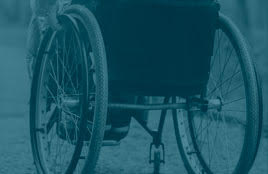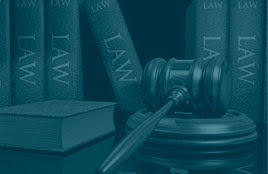Recently the political powers in Pennsylvania have been preoccupied with one topic: apologies. Remember our esteemed Supreme Court Justice Joan Orie Melville? Last February she was convicted on political corruption charges for using public resources for her judicial campaign. As part of her sentence, she was ordered to send a picture of herself to every judge in the Commonwealth of Pennsylvania with a handwritten apology for her conduct.
But that’s not the case anymore. Our Commonwealth Court has ruled that she does not have to apologize to the other judges while she is appealing her conviction. The Court found that it violated her right not to incriminate herself.
Okay. I get it. She’s got constitutional rights like anyone else. In America, you cannot force the criminally accused to testify against themselves. An apology could be viewed as an acknowledgement of her guilt and she shouldn’t be forced to do that while she is still advocating her innocence.
But here’s where it gets a little interesting. Just recently, our Commonwealth’s supreme leader, Tom Corbett—the best friend that gays, the poor and victims of negligence ever had—signed into law the Benevolent Gesture Act. Under this new law, if a doctor apologizes for his negligence, such an apology is not admissible evidence at trial.
Now, let’s say you or I are in a car accident where someone gets hurt. Being the reasonable, compassionate people that we are, we may say “I’m so sorry you got hurt in the car accident.” Our statements can be used against us at a trial to prove we are acknowledging that we were negligent.
Why the special treatment for doctors? Here’s the answer. It wasn’t done for doctors. Ever since Corbett took office, he has been looking for ways to thank the wealthy insurance industry that backed him. First, he abolished joint and several liability (for more information about how you were tricked into thinking that getting rid of joint and several liability was good for you, see my blog of March 14, 2013). By signing the Benevolent Gesture Act, I’m sure, in his mind, he is thinking that he just made it a little bit harder for a plaintiff in a medical malpractice action to win. One more way to lighten the load for the insurance industry.
I think you are a little off on this one Tom. Lawyers don’t rely on apologies to prove negligence. A lawyer won’t get past a motion for a non suit if he does. Rather, lawyers rely on proving facts that establish a breach in the standard of care causing harm. Nice try, Mr. Governor.






